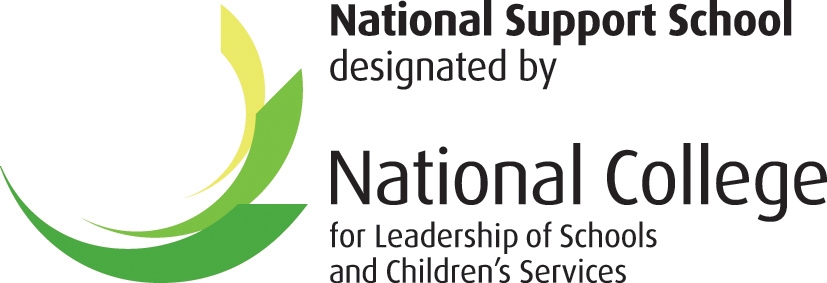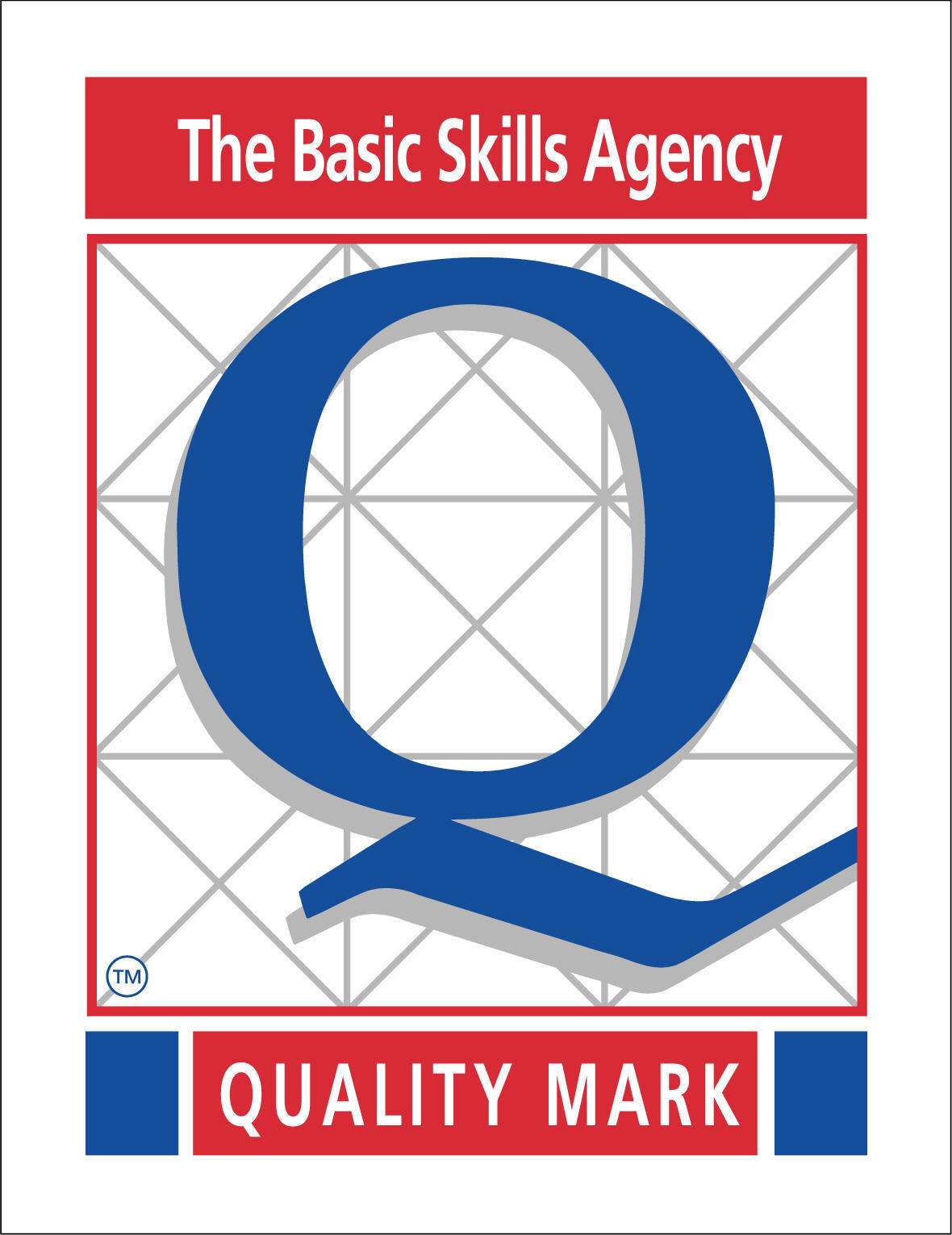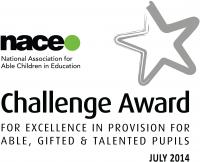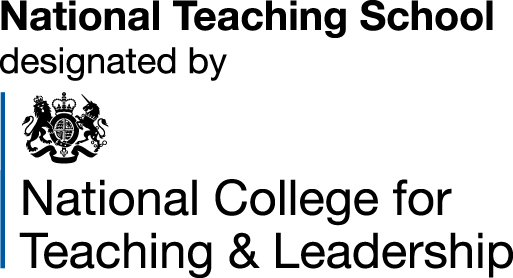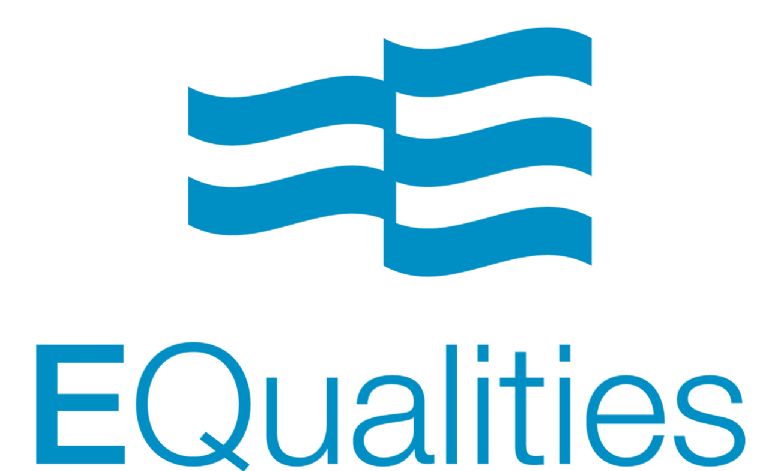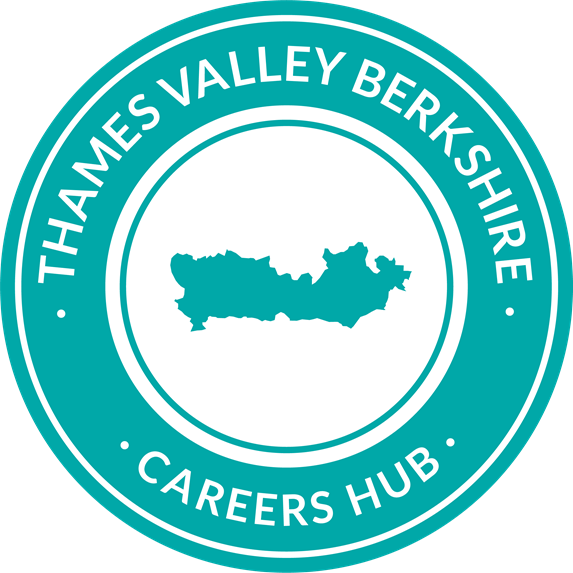Subject Intent and Implementation
Business Studies
Curriculum Intent
To thoroughly enjoy studying Business Studies
100% of students to achieve grades 3-9 at GCSE.
*Every student is provided with quality-first teaching & learning.
*Students will recognise the importance of how the objectives of a business match the entrepreneurs’ qualities to contribute to business success.
*Students will use business theories and models to develop strategies to grow businesses.
*Acquisition of knowledge; students will gain an understanding of how disruptive technologies present contemporary challenges in the business environment.
*Students will develop the ability to directly apply business knowledge to real live business scenarios.
*To develop the ability to critically analyse and evaluate business theorists’ methodology and the benefits and drawbacks of businesses’ strategic decisions.
*To nurture in students a lifelong interest in the development of business and a drive for them to succeed.
Curriculum Implementation
Classroom teaching is never any less than highly effective
*Teachers have expert knowledge of the subject, and of the OCR (GCSE) and AQA (A Level) qualifications.
*Assessment of and assessment for learning are embedded in classroom pedagogy.
*Potential gaps in knowledge are pre-empted; teachers are skilled in addressing gaps quickly.
*Skilful, targeted questioning is personalised to the starting point and needs of individual students.
*Teachers foster in students clear recognition of the ways in which units and topics inter-connect.
*Teachers effectively plan for frequent retrieval and recall of students’ knowledge.
*Assessment is used to check students’ understanding and inform teaching.
*Students’ oracy skills are developed by their use of academic language in discussion and debate.
*Homework drives deep-learning: Revision, Recall, Research and Reading.
*Students’ take pride in their written work; it is presented well and demonstrates progress over time.
*Students’ books demonstrate thoughtful reflection and improvement in acting upon set targets.
*Work is modelled well, allowing students to recognise the features of the very best work.
*Students will be trained to use their resources independently (BBBB)
Economics
Curriculum Intent
To thoroughly enjoy studying economics.
*Every student studying GCSE will make strong progress.
100% of students to achieve grades 9-4; 70% of students to achieve grades 9-5.
*Every student is provided with quality-first teaching & learning.
*Students will recognise the economic behaviour and the economic relationship between individuals and groups of people through Micro and Macroeconomics.
*Students will recognise that choice and decision making about how to allocate resources is crucial in a world with limited resources.
*Acquisition of knowledge; an understanding of contemporary social and economic changes.
*Recognition of the significance of theoretical and conceptual issues in an economic debate.
*To develop the ability to critically evaluate government policies and how they impact on the social economic environment.
*To nurture in students a lifelong interest in the economics of life.
Curriculum Implementation
Classroom teaching is never any less than highly effective
*Teachers have expert knowledge of the subject, and of the OCR (GCSE) and Edexcel A (A Level) specifications.
*Assessment of and assessment for learning are embedded in classroom pedagogy.
*Potential gaps in knowledge are pre-empted; teachers are skilled in addressing gaps quickly.
*Skilful, targeted questioning is personalised to the starting point and needs of individual students.
*Teachers foster in students clear recognition of the ways in which units and topics inter-connect.
*Teachers effectively plan for frequent retrieval and recall of students’ knowledge.
*Assessment is used to check students’ understanding and inform teaching.
*Students’ oracy skills are developed by their use of academic language in discussion and debate.
*Homework drives deep-learning: Revision, Recall, Research and Reading.
*Students’ take pride in their written work; it is presented well and demonstrates progress over time.
*Students’ books demonstrate thoughtful reflection and improvement in acting upon set targets.
*Work is modelled well, allowing students to recognise the features of the very best work.
*Students will be trained to use their resources independently (BBBB)

